Want to know what I’ve published lately? Here are my publications 2019-2021 – papers, chapters, commentaries, blog posts, interviews, a report, a book and a webinar, all in one convenient lump.
- Finlay S.M., Raman S., Rasekoala E., Mignan V., Dawson E., Neeley L. & Orthia L.A. (2021) From the margins to the mainstream: deconstructing science communication as a white, Western paradigm. ‘Neglected Spaces in Science Communication’ commentary series, Journal of Science Communication 20(01): C02. https://doi.org/10.22323/2.20010302
- Roberson T. & Orthia L.A. (2021) Queer world-making: A need for integrated intersectionality in science communication. ‘Neglected Spaces in Science Communication’ commentary series, Journal of Science Communication 20(01): C05. https://doi.org/10.22323/2.20010305
- Harmes M.K. & Orthia L.A. (eds.) (2021) Doctor Who and Science: Essays on Ideas, Identities and Ideologies in the Series. Jefferson: McFarland. https://doctorwhoandscience.wordpress.com
- Orthia L.A. & de Kauwe V. (2021) Candyfloss, Lego and Hope: What sort of scientist is Jodie Whittaker’s Doctor? In Doctor Who and Science, 110-126.
- Orthia L.A. & Harmes M.K. (2021) Introduction to Doctor Who and science. In Doctor Who and Science, 3-17.
- Orthia L.A. & Harmes M.K. (2021) Concluding remarks: Science in Twenties Doctor Who. In Doctor Who and Science, 221-225.
- Ulaga M. (2021, January 20) Interview with Lindy Orthia. Radio Študent 89.3, Slovenia. https://radiostudent.si/znanost/zr-intervju/dr-lindy-orthia-zahod-in-znanost
- Orthia L., Hikuroa D., Nabavi E., Rochberg F. & De Vos, P. (2021, January 12) Three reasons to study science communication beyond the West. The Conversation. https://theconversation.com/3-reasons-to-study-science-communication-beyond-the-west-152237
- Orthia L., Hikuroa D., De Vos P., Nabavi E. & Rochberg F. (2020, December 2) ‘Histories of Communicating Science Beyond the Recent West’ webinar, ANU CPAS, https://www.youtube.com/watch?v=gwzdHRwEAFY
- Roberson T. (2020, April 8) Non-Western and indigenous knowledges in science communication. It Must be Wednesday. Reviews my paper on this. https://itmustbewednesday.com/2020/04/08/research-brief-non-western-and-indigenous-knowledges-in-scicomm/
- McKinnon M., Lamberts R.G., Grant W.J., Orthia L.A., Viana J.N.M., Nabavi E., Leach J. & Raman S. (2020, August 24) Effective communication in a pandemic requires more than ‘the science’. INGSA COVID-19 Information Hub. https://www.ingsa.org/covidtag/covid-19-featured/cpas-communication/
- Orthia L. & Rasekoala E. (2020, July 1) Anti-racist science communication starts with recognising its globally diverse historical footprint. LSE Impact Blog. https://blogs.lse.ac.uk/impactofsocialsciences/2020/07/01/anti-racist-science-communication-starts-with-recognising-its-globally-diverse-historical-footprint/
- Orthia L.A. (2020) Strategies for including communication of non-Western and indigenous knowledges in science communication histories. Journal of Science Communication. 19(02): A02. https://doi.org/10.22323/2.19020202
- Luntz S. (2019, December 27) How Doctor Who changes fans’ views of science. IFL Science!. Covers my 2019 journal paper on this. https://www.iflscience.com/editors-blog/how-doctor-who-changes-fans-view-of-science/
- Maslen G. (2019, September 14) How science fiction shapes viewer attitudes to science. University World News. Re-take on my 2019 Conversation article. https://www.universityworldnews.com/post.php?story=20190910132227339
- Orthia L. (2019, September 6) Timely intervention: how Doctor Who has shaped public attitudes to science. The Conversation. https://theconversation.com/timely-intervention-how-doctor-who-shapes-public-attitudes-to-science-123085
- Orthia L. (2019, August 14) Science fiction as a potent policy tool. Policy Forum. https://www.policyforum.net/science-fiction-as-a-potent-policy-tool/
- Orthia L.A. (2019) How does science fiction television shape fans’ relationships to science? Results from a survey of 575 Doctor Who viewers. Journal of Science Communication, 18(04): A08. https://doi.org/10.22323/2.18040208
- Boissoneault L. (2019, February 13) How 18th-Century Writers Created the Genre of Popular Science. Smithsonian.com. Includes interview with me. https://www.smithsonianmag.com/science-nature/18th-century-writers-created-genre-popular-science-enlightenment-180971481/
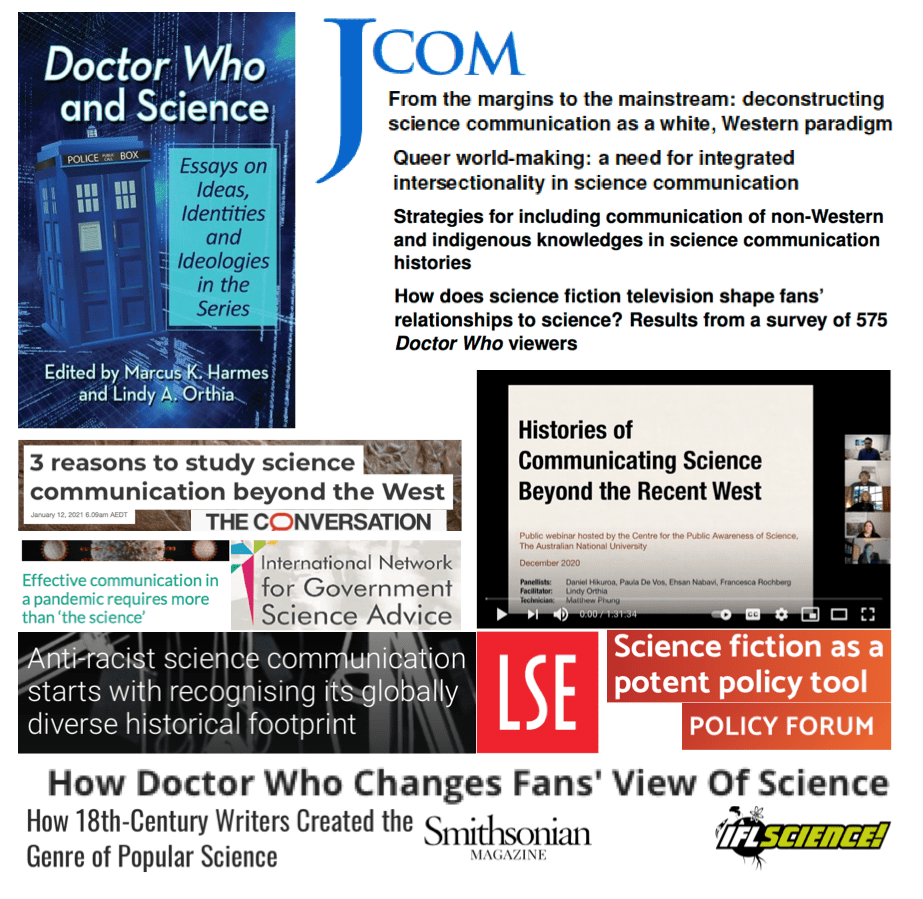

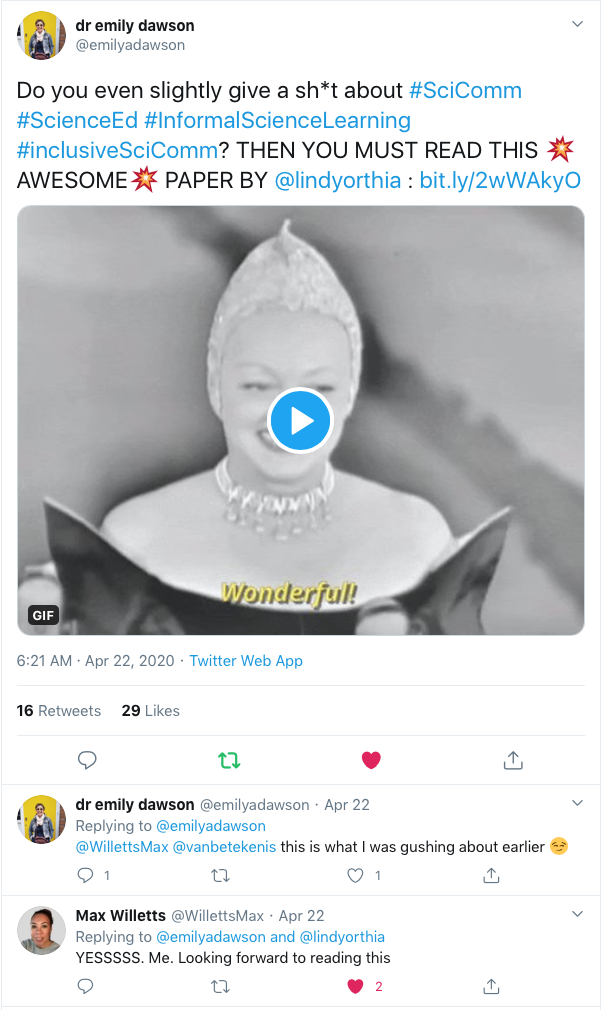

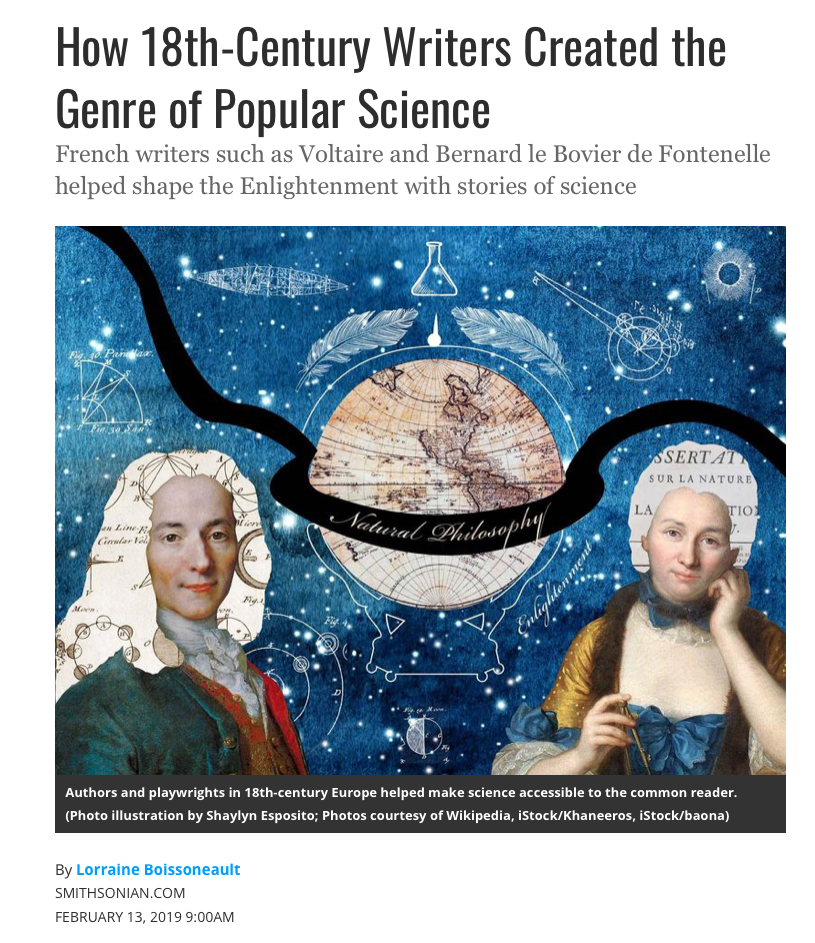
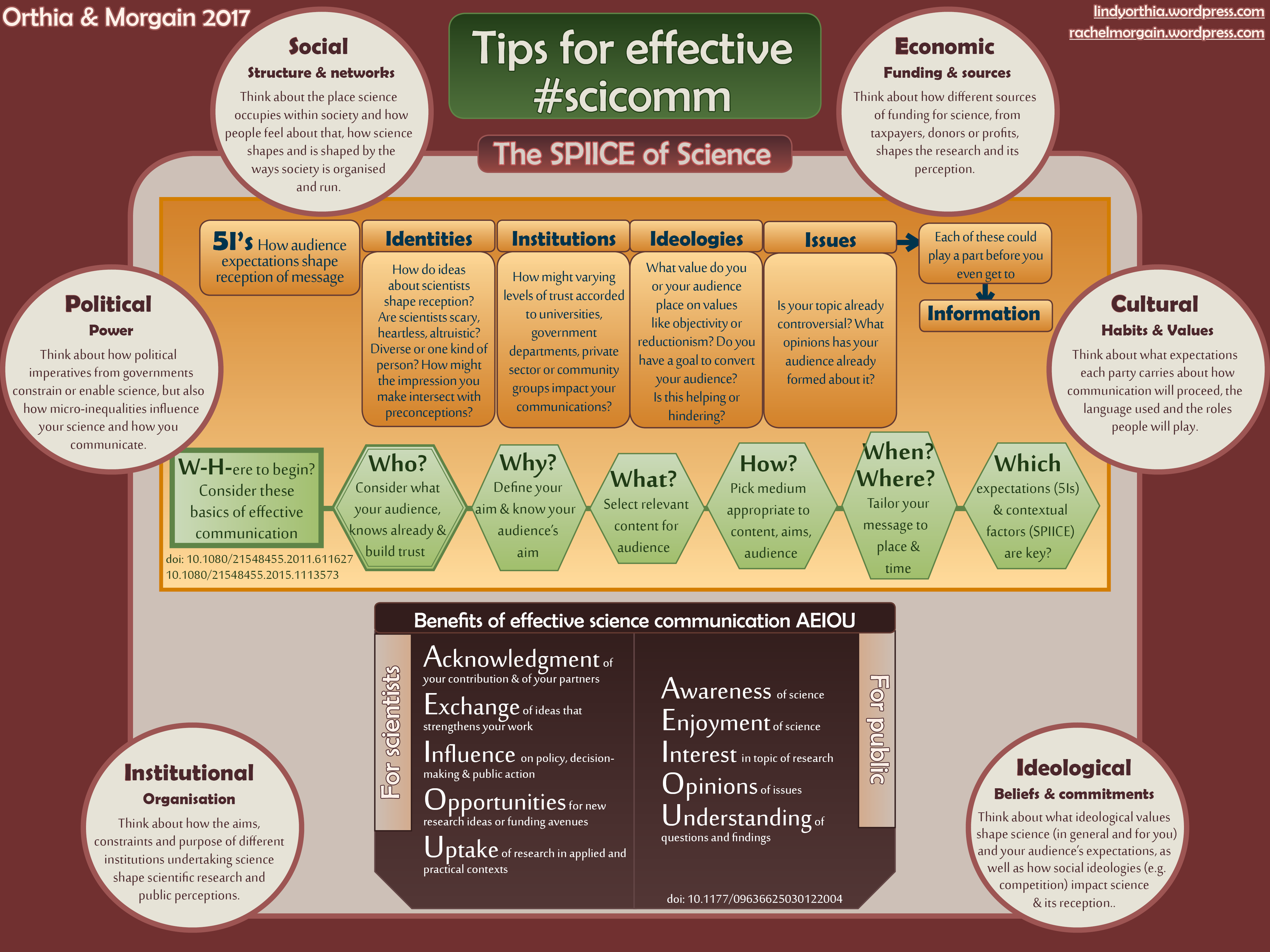
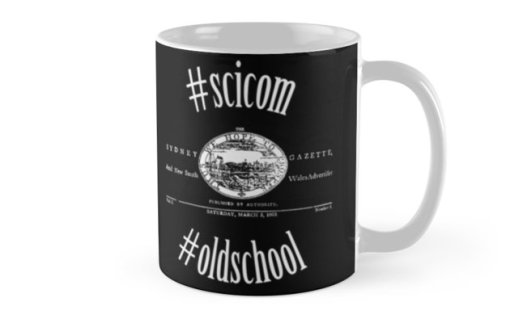
You must be logged in to post a comment.